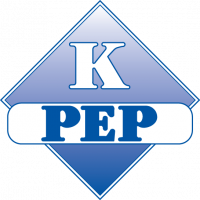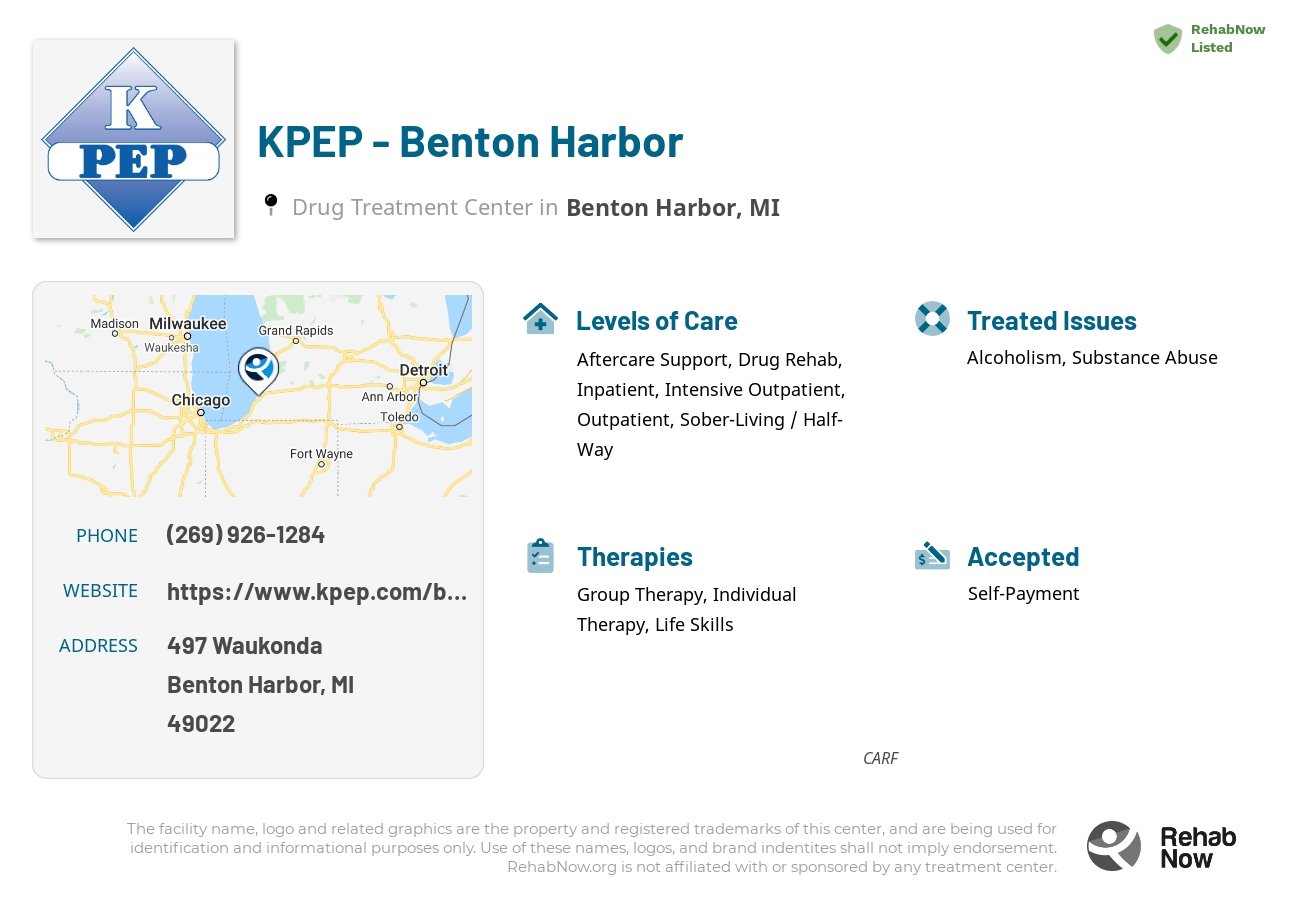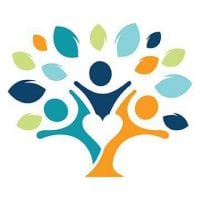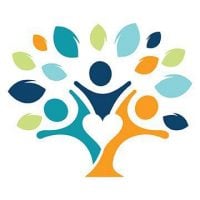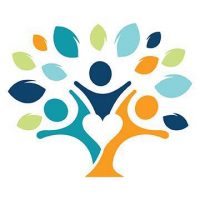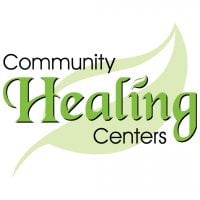KPEP - Benton Harbor
Drug Rehab Center in Benton Harbor, Michigan
KPEP - Benton Harbor in Benton Harbor, Michigan is an addiction treatment facility that offers a range of specialized programs and services, including residential levels of care, outpatient options, and aftercare support, all provided by a multidisciplinary team of professionals.
About KPEP - Benton Harbor in Michigan
KPEP in Benton Harbor, Michigan, offers a distinctive approach for adult offenders seeking an alternative to incarceration. By providing a structured live-in residence, KPEP focuses on cognitive behavioral therapy, aiming to empower individuals to take personal responsibility for their lives. This unique blend of structure and therapy makes KPEP stand out in the realm of addiction and behavioral treatment services.
Accredited by CARF, KPEP - Benton Harbor assures quality and professional care for its clients. Their comprehensive approach to treatment combines robust post-treatment support with various levels of care tailored to each individual's needs, reinforcing their commitment to fostering long-term sobriety and personal growth.
- Offers a structured live-in environment that exceeds the support level of regular probation, providing a promising alternative to incarceration.
- Utilizes cognitive behavioral therapy to address the underlying patterns and triggers of substance abuse and behavioral issues.
- Accredited by CARF, ensuring a high standard of care and professional treatment services across all program aspects.
KPEP - Benton Harbor specializes in treating substance abuse, drug addiction, mental health issues, and alcoholism. Employing a wide range of treatment methods and levels of care, including residential, inpatient, intensive outpatient, outpatient, and sober-living options, the center aims to cater to the diverse needs of its clients with personalized treatment plans.
Genders
Ages
Modality
Additional
Accreditations

CARF
The Commission on Accreditation of Rehabilitation Facilities (CARF) is a non-profit organization that specifically accredits rehab organizations. Founded in 1966, CARF's, mission is to help service providers like rehab facilities maintain high standards of care.
Conditions and Issues Treated
Substance abuse is the excessive use of any drug. This includes alcohol, medications, and illegal drugs. Substance abuse is treated with a combination of physical and mental treatments. Patients detox and follow up with therapies that target the underlying cause of the addiction. Substance abuse is a severe problem that can be successfully treated with a variety of therapies. KPEP - Benton Harbor treatment uses a combination of therapies along with other resources to overcome substance abuse.
Levels of Care Offered
This center offers a variety of custom treatment tailored to individual recovery. Currently available are Aftercare Support, Drug Rehab, Inpatient, Intensive Outpatient, Outpatient, Residential, Sober-Living / Half-Way, with additional therapies available as listed below.
Inpatient treatment for alcoholism or drug addiction is an option that provides the addict with a supportive environment in which they can stop using. This type of treatment is appropriate for addicts that are most in need of intensive care and supervision. This includes those who were unable to quit on their own, those who need more structure than they can get in outpatient treatment.
Intensive outpatient treatment is a type of comprehensive addiction care. Unlike conventional residential treatment programs, the patients live at home during the recovery process. This means that one can continue working and caring for their families. These also allow people to keep pursuing their studies while also working on their sobriety.
Outpatient treatment can help one transition to normal life from the round-the-clock supervision and treatment available during inpatient treatment. It is an excellent tool to ensure long-term recovery. However, it is essential to note that intensive outpatient treatment in itself does not remove patients from the real-world setting. This means there’s always a higher risk of coming across environmental triggers. To further prevent relapse, an outpatient treatment center should be able to provide ongoing support services.
Once the patient is enrolled in an intensive outpatient treatment program, they will be expected to attend therapy and group meetings daily for a stipulated period. The frequency and duration of each session will depend on the patient’s needs and level of addiction. This can help curb the habit and deal with underlying issues that led to it. Most of these professional treatments are designed to allow patients to structure their daily schedules in a way that is conducive to recovery.
“Outpatient treatment is ideal for those who have a lower intensity addiction. It’s also suitable for those with a supportive environment and those on a tight budget.
Outpatient treatment can be considered the lowest intensity level of addiction treatment. It is ideal for early phase addiction or lower intensity addictions. It may involve weekly sessions instead of daily. Peer group support, 12-step programs, and individual counseling may still be used and anti-addiction medication.
Sober living homes are halfway houses where people can stay for a while and stabilize themselves—no drinking or drugging, paying rent/bills, etc. There is no minimum or maximum stay, but as long as you follow these simple guidelines, it’s an excellent chance to move forward into sobriety!
For many, this is a new beginning, a reset. The opportunity to establish new routines and healthy habits that will result in long-term sobriety is given to those who have lost everything due to addiction. It’s also common for people to move from one sober living home to another, each step closer to a drug and alcohol-free life.
Residential treatment programs are those that offer housing and meals in addition to substance abuse treatment. Rehab facilities that offer residential treatment allow patients to focus solely on recovery, in an environment totally separate from their lives. Some rehab centers specialize in short-term residential treatment (a few days to a week or two), while others solely provide treatment on a long-term basis (several weeks to months). Some offer both, and tailor treatment to the patient’s individual requirements.
Aftercare support is vital to those who have completed a drug or alcohol treatment program. This support comes in individual and family counseling, treatment of psychiatric and other medical conditions, and medications to reduce cravings. It helps recovering addicts adjust to normal day-to-day activities and can last for a year or longer.
The majority of drug and alcohol addicts who receive aftercare treatment do not relapse. It is estimated that without aftercare, the relapse rate will be between 70 to 90 percent for most people. Aftercare is the final stage in addiction recovery, but it will also help maintain sobriety if relapse does occur.
Therapies & Programs
No single treatment works for all addicts; therefore, the goal of treatment and therapy should be to find what works best for each individual. Some people requiring addiction treatment may only need a few weeks of inpatient care. Others will require long-term residential care. Tolerance and withdrawal levels vary from person to person and thus affect the intensity of the treatment needed.
If an individualized approach to treatment and therapy is not offered, addicts may fail to reap benefits from their efforts. Professionals must customize plans according to their patient’s needs, limitations, and strengths. The goal of all forms of addiction treatment should be for addicts to find healthy ways to cope with their addiction and its underlying causes.
Group therapy is held in a safe, controlled setting where patients can feel comfortable sharing their struggles and gaining perspective through shared conversations. It takes place in a group rather than one on one to prevent feelings of isolation or being unique in their situation while creating an environment for addicts at KPEP - Benton Harbor to develop fellowship, accountability, and support. Group therapy is an important tool in recovery that prevents cravings that prompt a return to active addiction.
Cognitive-behavioral therapy is a talking-based method that helps people struggling with addiction replace destructive behaviors with healthier ones. CBT also helps them identify the underlying thoughts and beliefs that cause these behaviors in the first place and ways to control those thoughts and feelings. It can be administered as a holistic therapy or as part of combination therapy and—as opposed to turning to drugs and alcohol—helps addicts learn how to respond to negative thoughts instead.
Life skills training is beneficial for addicts in recovery because it helps them learn how to take care of themselves and improve their quality of life, which can promote feelings of purpose and motivation.
This type of treatment works by teaching individuals life-enhancing skills that support positive living, including:
- Healthy lifestyle habits
- Skills to effectively manage stress
- Effective communication skills to help them get their needs met without turning to drugs or alcohol
- Money management and budgeting skills so they can continue to take care of themselves after treatment ends.
Payment Options Accepted
For specific insurance or payment methods please contact us.
KPEP Associated Centers
Discover treatment facilities under the same provider.
- KPEP - Chicago Avenue in Kalamazoo, MI
- KPEP - Battle Creek in Battle Creek, MI
- KPEP - Muskegon in Muskegon, MI
- KPEP - Olmstead Road in Kalamazoo, MI
- KPEP - Park Street in Kalamazoo, MI
Learn More About KPEP Centers
Additional Details
Specifics, location, and helpful extra information.
Benton Harbor, Michigan 49022 Phone Number(269) 926-1284 Meta DetailsUpdated April 15, 2024
Staff Verified
KPEP - Benton Harbor Patient Reviews
There are no reviews yet. Be the first one to write one.
Benton Harbor, Michigan Addiction Information
Michigan has the second-highest rate of drug and alcohol abuse in the nation. Heroin is linked to more than 50% of the state's hepatitis C cases. Marijuana is the drug most often associated with crimes in Michigan, followed by methamphetamines. Opioids alone are responsible for almost 20% of all drug overdose deaths in Michigan.
The drug addiction crisis in Benton Harbor, Michigan, is quite serious. According to the National Institute on Drug Abuse, 910 drug overdose deaths in Benton Harbor in 2016. There were 3,521 emergency department visits related to drug overdoses in 2016. When choosing a rehab center, there are many factors, such as location, cost, and treatment options. It is important to find a rehab center that offers you the right mix of services.
Treatment in Nearby Cities
- Big Rapids, MI (119.3 mi.)
- Ludington, MI (126.6 mi.)
- Iron River, MI (295.3 mi.)
- Alma, MI (125.5 mi.)
- Bangor, MI (21.4 mi.)
Centers near KPEP - Benton Harbor
The facility name, logo and brand are the property and registered trademarks of KPEP - Benton Harbor, and are being used for identification and informational purposes only. Use of these names, logos and brands shall not imply endorsement. RehabNow.org is not affiliated with or sponsored by KPEP - Benton Harbor.
